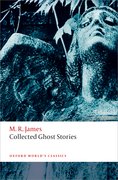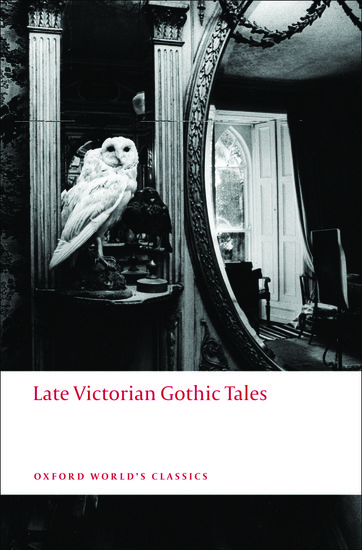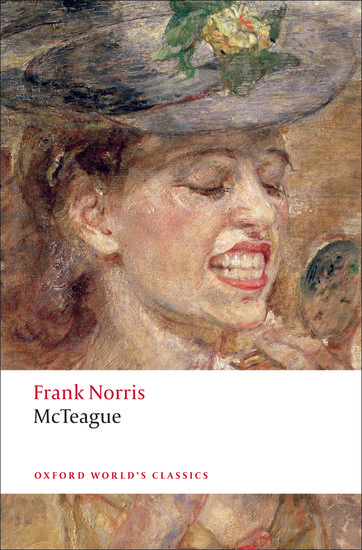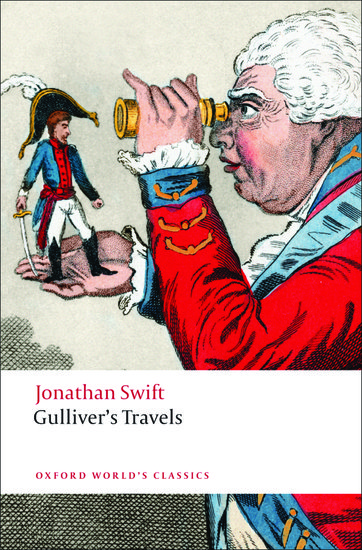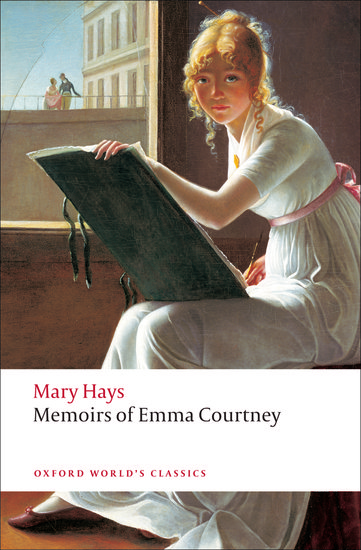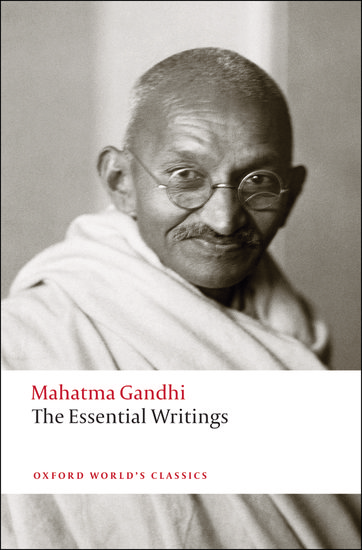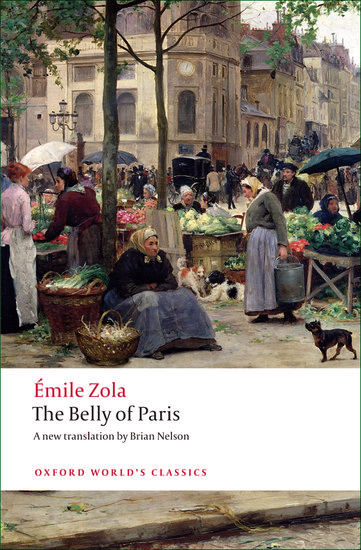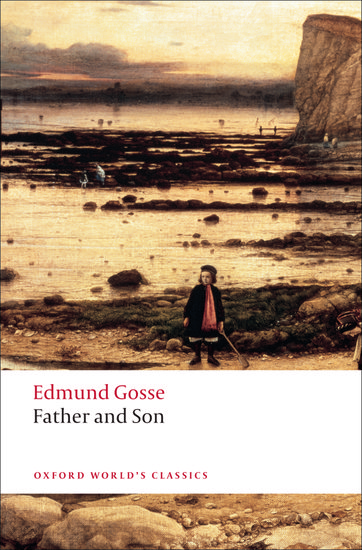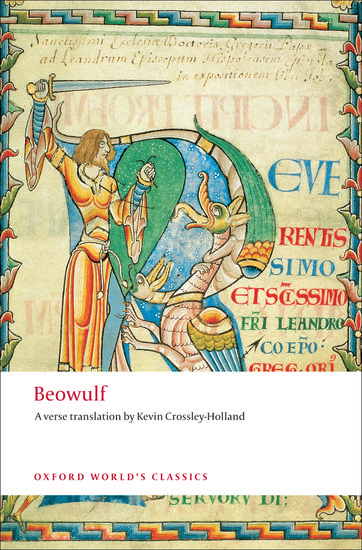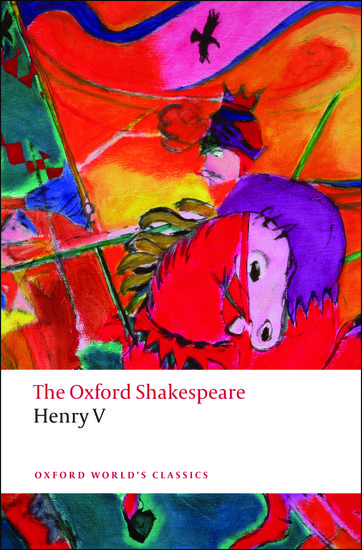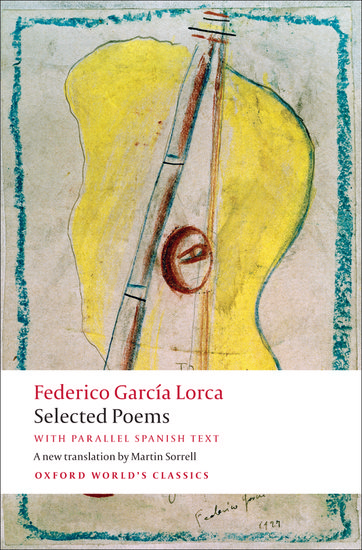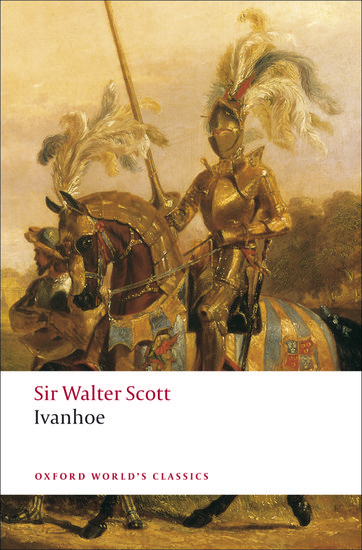Reading close to midnight in a leather armchair
Fancy a spot of ghost hunting? Try to ignore the hairy hand in the corner of your eye and curl up with M.R. James this Halloween. Darryl Jones, editor of the Oxford World’s Classics edition of The Collected Ghost Stories of M.R. James, provides an excellent guide to his strange imagination and menace. Join Jones in the Trinity College Dublin Library to discuss James’s life and work.

